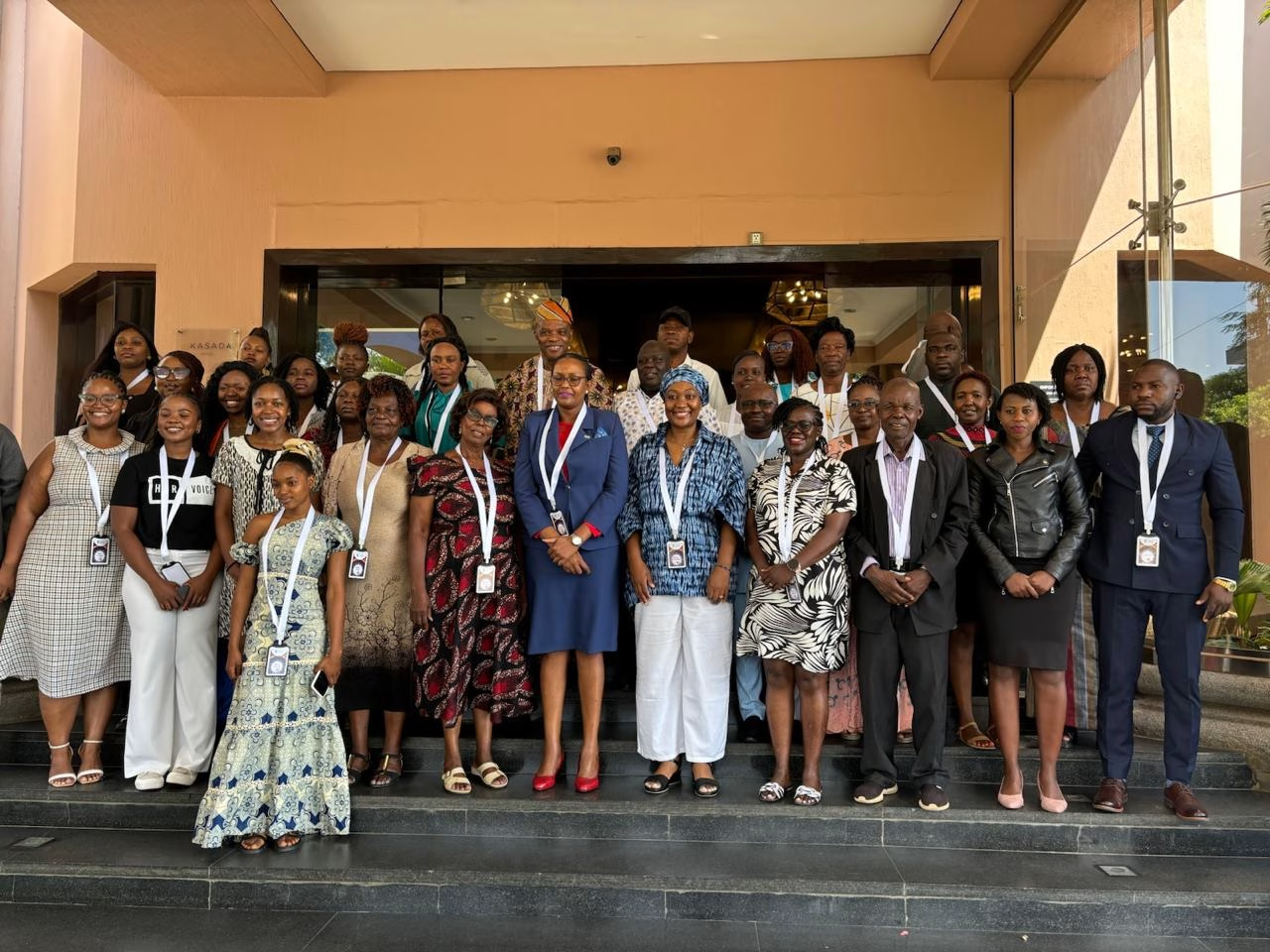
By Us, For Us: Regrounding SRHR in Africa Through a Unified Charter
The African SRHR Charter Consolidation Forum brought together advocates, policymakers, civil society organizations, and religious leaders from across 55 African Member States to shape a unified vision for Sexual and Reproductive Health and Rights (SRHR) in Africa. The discussions reflected a deep commitment to addressing the inconsistencies and misalignments in legal frameworks, the lack of sustainable funding, and the need for an African-led approach to reproductive rights. Participants emphasized that while SRHR in Africa is often misunderstood as a foreign agenda, it directly impacts girls and women across the continent. The African SRHR Feminist Charter Consultative Meeting underscored the importance of developing an African-driven framework that reflects the lived realities of African women and girls. They emphasized that SRHR policies and advocacy must be shaped by African voices, ensuring that solutions are rooted in the continent’s unique challenges and cultural contexts rather than imposed from external perspectives.
“It is essential to agree on what works in Africa—developed by us and for us. The only way forward is to create an SRHR Charter that upholds the dignity of African women and girls, addresses our realities, and secures our rights,” said Ann Wanjiku, Vice Chairperson, Independent Policing Oversight Authority (IPOA).
The Fight for SRHR: Addressing Barriers and Misinformation
A recurring theme throughout the meeting was the backlash against SRHR in most African countries, fueled by misinformation and restrictive policies. Josephine, one of the participants, emphasized that SRHR must be grounded in African realities and that a unified Charter will help combat harmful norms, address policy contradictions, and strengthen advocacy across the continent. Many shared concerns about funding cuts to SRHR products and services—particularly in areas such as HIV prevention, access to modern contraception, maternal and adolescent healthcare, safe abortion services, comprehensive sexuality education, and support for survivors of gender-based violence—which have severely impacted programs that support young girls, survivors of gender-based violence, and those seeking reproductive health services.
Roseline Mkabana, County GBV Coordinator, Nairobi, underscored the urgent need for survivor care, citing alarming statistics from Kenya: 24,000 reported cases of gender-based violence, 18,000 teenage pregnancies, and 3,000 men reporting violence. “SRHR is not a privilege; it is a right. If we do not invest in policies and survivor-centred services, we are failing our communities,” she stated. These figures were drawn from the Kenya Demographic and Health Survey (KDHS) and national GBV reporting data from the Ministry of Public Service, Gender and Affirmative Action.
Grounding SRHR in Global Commitments and Local Realities
The consultation also emphasized that SRHR is not just about disease prevention—it is fundamentally about bodily autonomy, dignity, and the right to make informed choices, as emphasized by global frameworks such as the World Health Organization’s SRHR guidelines, the International Conference on Population and Development (ICPD), and the Sustainable Development Goals (SDG 3 and SDG 5). These standards affirm that access to comprehensive reproductive health care is a fundamental and universal human right. Many participants expressed concern that sexual and reproductive health (SRH) policies are often influenced by external actors, with little input from African communities themselves. One participant noted: “Unlike other conventions where only a handful of Africans are in the room, this Charter is being built by us, for us. It is time we define our own SRHR agenda.”
Bridging the Gaps: The Role of Data, Advocacy, and Policy Reform
A major challenge identified was the lack of comprehensive disaggregated data on SRHR issues such as teenage pregnancies, access to SRHR services, and gender-based violence (GBV). Participants agreed that without data, advocacy remains weak, and governments cannot be held accountable for policy implementation. Many called for increased investment in research, data collection, and monitoring mechanisms to ensure that policies are evidence-based and responsive to Africa’s unique realities.
The conversation also touched on the intersection of SRHR, climate change, and conflict, recognizing that women and girls in crisis settings face heightened vulnerabilities, including restricted access to contraception, maternal healthcare, and increased risks of gender-based violence. “Africa is the continent with the largest number of conflicts, and this directly impacts the SRHR needs of millions. Our policies must reflect this reality,” a participant noted.
An Inclusive Future: Recognizing Intersex Rights and Community Engagement
A significant milestone discussed was Kenya’s recognition of intersex persons as a third gender, ensuring dignity, inclusion, and access to essential services. This move, according to participants, should serve as an example for other African nations. “Intersex people are often left out of conversations, yet they too face discrimination and lack of access to SRHR services. It is time we think about them, act, and ensure their rights are protected,” one advocate shared.
Although religious institutions have historically been seen as barriers to SRHR advocacy, the forum recognized the potential of religious and community leaders as essential allies in shifting harmful norms and promoting reproductive justice. “We have had the privilege of engaging religious leaders in this space, and I hope they will take on this fight with us. If we truly want change, we must work together,” one participant expressed.
Looking Ahead: A Call to Action
As the consultation ended, there was a renewed commitment to ensuring that the Africa SRHR Feminist Charter is not just another policy document but a living framework that drives real change. The emphasis was on the importance of sustained advocacy, coalition-building, and continuous engagement with governments to ensure that SRHR is prioritized in national and regional policies.
“This Charter gives us hope—not just for Africa, but for the world. It will help us recognize our traditions and values, tackle challenges like conflict and inequality, and ensure that our voices are heard,” said a participant.
With a clear vision and a unified voice, the African Feminist SRHR Charter stands to be a transformative tool in shaping policies, challenging harmful norms, and ensuring that every African woman and girl has access to the rights and services they deserve. This is more than just a Charter—it is a movement.
#SRHRDialogues
